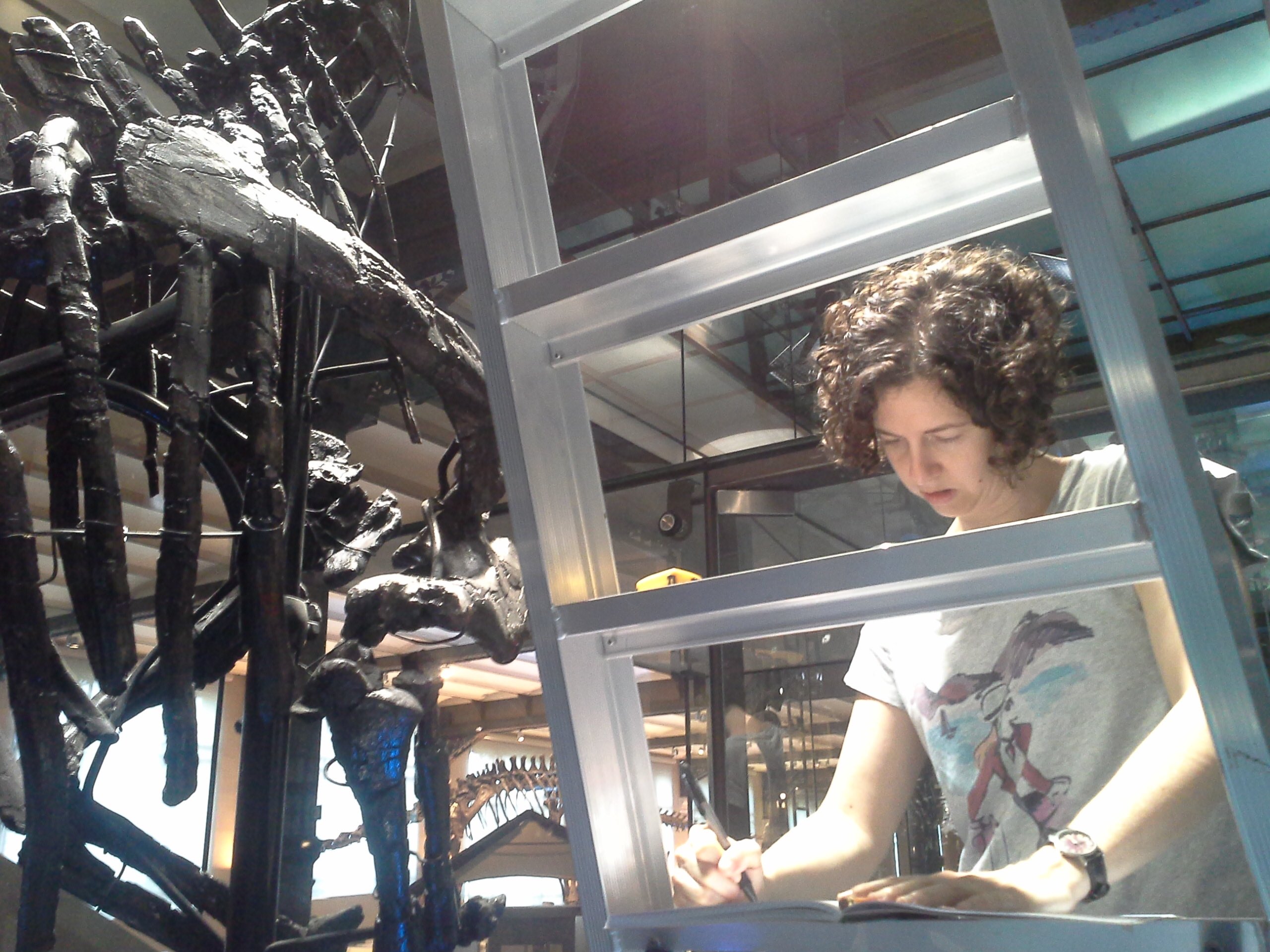 Karen Poole
Karen Poole
Instructor
Education
PhD, George Washington University 2015
Email
karen.poole@stonybrook.edu
Dr. Poole studies vertebrate paleontology, and has a particular interest in phylogenetic systematics and ornithopod dinosaurs. This clade of herbivores is known from all modern continents, and from the Middle Jurassic to the end of the Cretaceous, a span of over 100 million years. There are several trends across the evolution of the group, including a shift from bipedality to quadrupedality and fusion of the carpal elements within Iguanodontians.
Dr. Poole uses both parsimony and time-calibrated Bayesian methods to create phylogenetic hypotheses for the group, whose phylogeny is currently poorly understood. These hypotheses are then used to trace the evolution of morphological characters and of biogeographic ranges. She is also interested in the intersection of ontogeny with phylogeny, and in ways to best utilize all available data (such as juvenile specimens) while minimizing the influence of ontogenetic signal.
Additionally, she employs finite element analysis (FEA) to determine the structural benefit of the heavily ossified and fused carpal complexes of certain iguanodontians, which also sometimes include the iconic “thumb-spike”—an enlarged, conical claw on the first digit. This fusion appears at about the same point in the phylogeny as the transition to quadrupedality; which begs the questions of whether carpal fusion helped to support the animal’s weight in a quadrupedal stance, or if it served to support loads from the first digit and its claw.